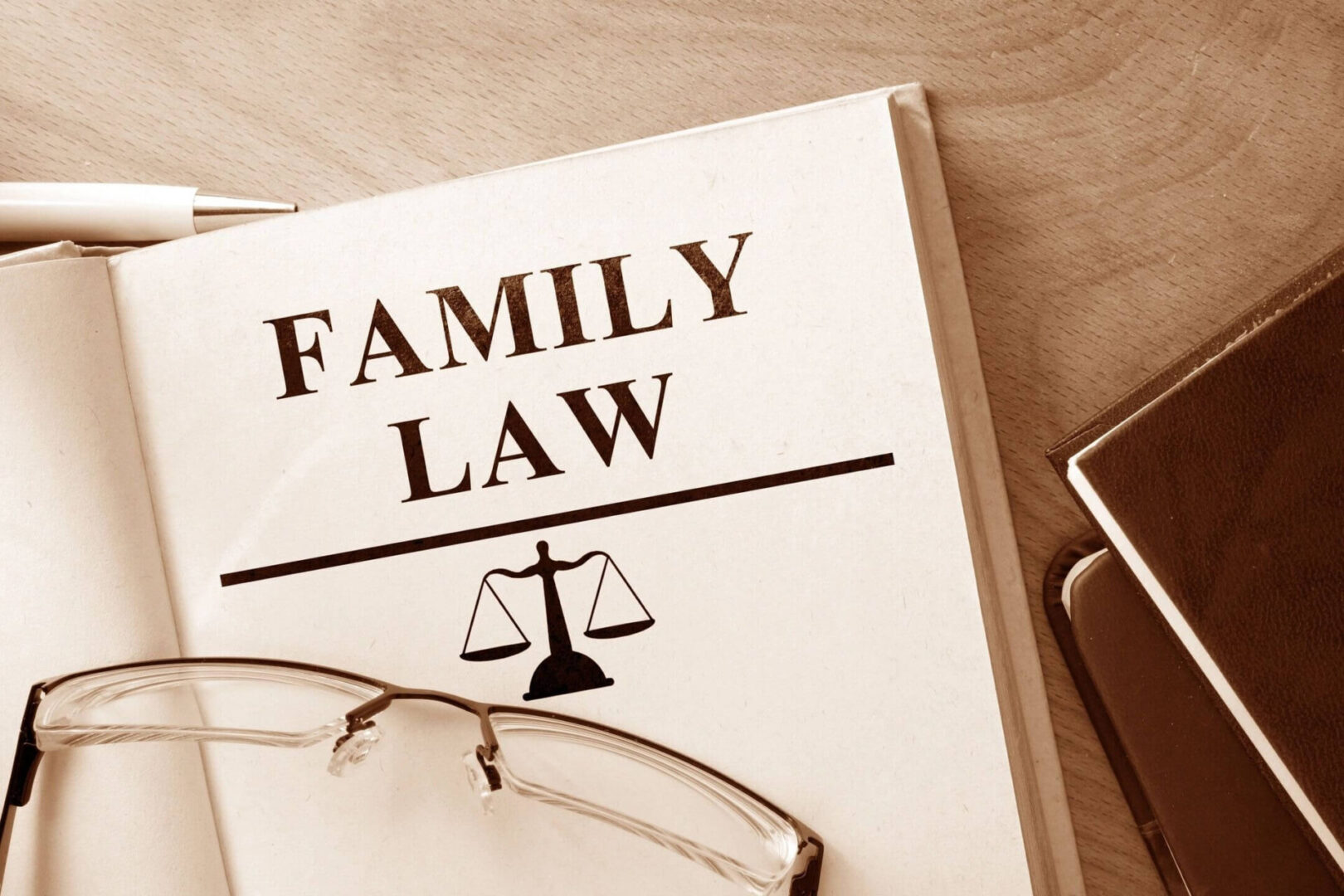
Personal Injury
Personal injury falls under Tort Law. Personal injury involves civil law cases where you are trying to obtain compensation for an injury you sustained to your person. Physical injuries to your person could arise from being involved in an automobile accident, a railroad accident, airline or other common carrier accident, a construction or other workplace accident, being injured as a result of a dangerous or otherwise unsafe product, and other injury-causing situations. However, personal injuries don't even necessarily have to be physical-they could be psychological. Psychological personal injuries are typically caused by psychological trauma associated with life-threatening and/or disfiguring physical injuries or as a result of witnessing trauma in others or following personal escape from serious injury following a traumatic event. Before you can collect an award, your personal injury lawyer will have to prove that the defendant is liable. To prove liability, the attorney must also establish negligence.
If there is any failure on your part to exercise reasonable care to prevent injury or damage, then there may be comparative (or contributory) negligence, where you and the other party both are at some degree of fault. If you win, you may receive money (an award) to compensate for medical costs, lost wages, and lost future earnings, as well as possibly for pain and suffering and punitive damages.
Bankruptcy Law
Bankruptcy Law provides a legal method for an individual or commercial enterprise (business) to either wipe out (discharge) the debts by liquidating assets and distributing them among creditors or resolve them by developing a court-approved reorganization plan or other plan involving the repayment of creditors over time.
The primary purposes of bankruptcy laws are to relieve honest individual and commercial enterprise debtors from indebtedness and to provide them with a fresh start. Title 11 of the United States Code (the bankruptcy code) regulates the bankruptcy proceedings, including what chapter under which a debtor may file, what bills can be eliminated, how long payments may be extended, what possessions can be kept, and all other details concerning the bankruptcy. If the debtor initiates bankruptcy, it is called a voluntary bankruptcy. If the creditor initiates the bankruptcy, it is called an involuntary bankruptcy.
We are authorized to assist those in filing for debt relief under the United States Bankruptcy Code.


Matrimonial Law
Matrimonial Law deals with divorce: the termination of a marriage by legal action, requiring a petition or complaint about divorce (or dissolution in some states) by one party. There are two types of divorce– fault and no-fault. A fault divorce (also called a "divorce a vinculo matrimonii" is a judicial termination of a marriage based on marital misconduct or other statutory cause requiring proof in a court of law by the divorcing party that the divorcee had done one of several enumerated things as sufficient grounds for the divorce. Some states still require at least a minimal showing of fault, but no-fault divorce is now common. Usually, a no-fault divorce is referred to as a separation decree; the right to cohabitation is terminated, but the marriage is undissolved, and the status of the parties is not altered.
State law governs divorces, so the petitioning or complaining party can only file in the state in which he/she is and has been a resident for a certain period of time, which varies by state. The most common issues in divorces are a division of property, child custody and support, alimony (spousal support), child visitation, and attorney's fees. Only state courts have jurisdiction over divorces, so the petitioning or complaining party can only file in the state in which he/she is and has been a resident for a period of time. In most states, the legal process of the divorce procedures takes some time to allow for a chance of reconciliation.
Criminal Law
Unlike civil law, which involves private lawsuits between two or private entities, Criminal Law involves prosecution by the state or federal government of a person or business for an act that has been classified as a crime. Any act or omission of an act in violation of a public law forbidding or commanding it is considered a "crime." With the exception of strict liability crimes, most crimes consist of three elements: an act (actus reus), a mental state (mens rea), and the intent to do social harm. Crimes are classified as "misdemeanors" (less serious offenses that are normally punishable by a fine like some traffic violations or petty theft) and "felonies" (more serious offenses that warrant imprisonments of one or more years, such as rape, grand theft, assault and battery, assault with a deadly weapon, or homicide/murder).
In Criminal Defense Law, the suit is initiated by the state or federal government through a prosecutor rather than being initiated by the victim, as it is in civil law. Plaintiffs in a civil lawsuit only need to show by a preponderance of the evidence that a defendant is 51% or more liable (responsible) for the damages. But the prosecutor in a criminal defense law case has to prove to the judge or jury "beyond the shadow of a doubt" that the defendant is guilty of the crime charged.


Family Law
Family Law is a multi-faceted area of law that deals with family relations. Family law encompasses such areas as adoption, child custody and visitation, children's rights, child support, spousal support (alimony), separation agreements, civilian and military divorce (dissolution of marriage), marital property division (equitable division), wills, cohabitation agreements, pre-marital (pre-nuptial) agreements, marriage and other legal issues pertinent to the family.
Family law courts generally hear cases pertaining to dissolution of marriage, the legal separation of the parties, nullity of marriage, child custody and visitation, child and spousal support, domestic violence petitions, adoption, and wills (healthcare proxy, power of attorney, and living wills).